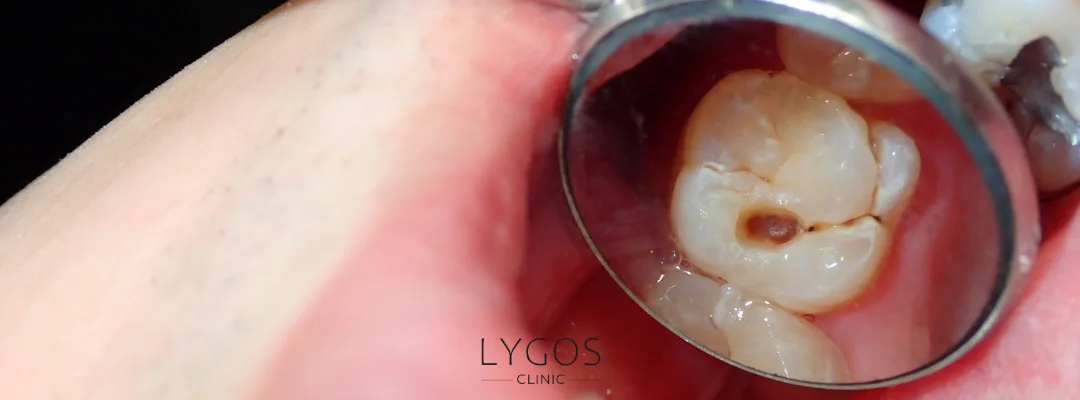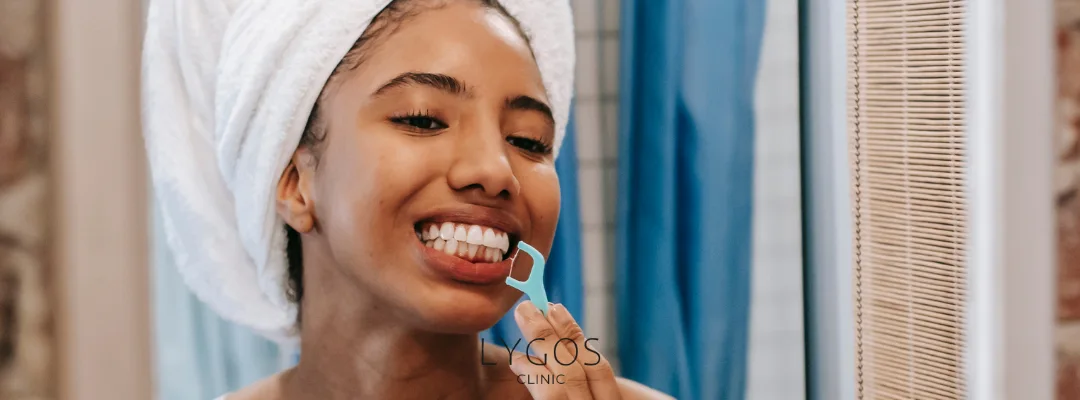Ways to Prevent Tooth Loss in the Elderly

Chose Your Topic
Ways to Prevent Tooth Loss in the Elderly
Old age is a period during which various changes occur in the body and health problems increase. During this time, dental health is particularly important. Tooth loss not only affects chewing and speaking functions but also reduces overall quality of life. So, what are the ways to prevent tooth loss in the elderly, and what steps should be taken? In this article, we will discuss in detail the methods elderly individuals can use to maintain their dental health.

Causes of Tooth Loss in the Elderly
Before understanding ways to prevent tooth loss in older adults, it is important to know the causes of this loss. Tooth loss usually results from a combination of several factors:
- Tooth decay: As people age, saliva production decreases, allowing bacteria to multiply and increasing the risk of cavities.
- Gum disease (periodontitis): Inflammation of the gums and gum recession are among the most common causes of tooth loss in the elderly.
- Genetic factors: If there is a family history of tooth loss, the risk is higher.
- Chronic diseases: Conditions such as diabetes, heart disease, and osteoporosis can negatively affect dental health.
- Poor oral care: Neglecting regular brushing and flossing increases the risk of tooth loss.
Strategies to prevent tooth loss in older adults should target these risk factors.
Can Regular Dental Check-Ups Prevent Tooth Loss?
Regular dental visits are one of the most effective ways to prevent tooth loss in the elderly. During a dental examination:
- Early cavities and gum diseases can be detected.
- Tartar and plaque buildup can be cleaned.
- The condition of existing teeth and potential problems can be assessed.
Experts recommend that individuals aged 65 and over visit the dentist at least every six months. Regular check-ups are a critical step in preventing tooth loss in older adults.

How Should Oral and Dental Hygiene Be Maintained?
Oral hygiene is a cornerstone of preventing tooth loss in the elderly. Recommended routines for older adults include:
- Brushing at least twice a day: Use fluoride toothpaste and a soft-bristled brush.
- Dental floss and interdental brushes: Essential for removing plaque and food debris between teeth.
- Regular mouth rinses: Antiseptic rinses reduce bacterial growth and support gum health.
- Cleaning dentures: Elderly individuals who use dentures should clean them at least once a day.
These simple but effective methods are among the easiest ways to prevent tooth loss in older adults.
The Effect of Healthy Nutrition on Dental Health
Balanced nutrition is vital for teeth and gum health. Preventing tooth loss in older adults can be supported by adjusting eating habits:
- Calcium and vitamin D intake: Milk, yogurt, and leafy green vegetables strengthen teeth and bones.
- Reducing sugar consumption: Sugar accelerates tooth decay.
- Drinking plenty of water: Adequate saliva production protects teeth.
- Vitamin-rich foods: Vitamin C supports gum health.
Healthy nutrition is an essential strategy in preventing tooth loss in older adults.

How to Protect Gum Health
Gum disease is a leading cause of tooth loss in older adults. Therefore, maintaining gum health is critical for preventing tooth loss:
- Regular brushing and flossing: Prevents plaque formation.
- Gum massage: Increases blood circulation and strengthens the gums.
- Avoiding smoking and tobacco products: Speeds up gum disease.
- Dental check-ups: Gum recession or inflammation should be detected early.
These precautions directly support ways to prevent tooth loss in the elderly.
New Treatments and Technologies for Preventing Tooth Loss in Older Adults
Advances in technology and dentistry make preventing tooth loss in the elderly more effective. New treatment methods include:
- Dental implants: Provide permanent solutions for missing teeth.
- Laser treatments: Offer minimally invasive methods for treating gum disease.
- Digital dental scans: Allow detailed analysis of tooth structure for early diagnosis.
- Use of biomaterials:Support tooth and gum tissues and prevent loss.
These modern methods make preventing tooth loss in older adults both safer and more comfortable.
It should be remembered that dental health is not only an aesthetic issue but also part of overall health and quality of life. Attention from elderly individuals and their caregivers ensures that preventive measures are effectively applied.
Ways to Prevent Tooth Loss in the Elderly Frequently Asked Questions (FAQ)
Tooth loss in older adults is more common due to decreased saliva production, gum disease, chronic illnesses, and genetic factors. Neglecting oral care also increases risk.
Preventive measures include regular dental check-ups, proper oral hygiene, healthy nutrition, maintaining gum health, and utilizing modern treatment methods.
Individuals aged 65 and over are recommended to see a dentist at least every six months for early detection of cavities and gum disease.
For older adults, soft-bristled toothbrushes, fluoride toothpaste, dental floss, interdental brushes, and, if needed, antiseptic mouth rinses are recommended.



